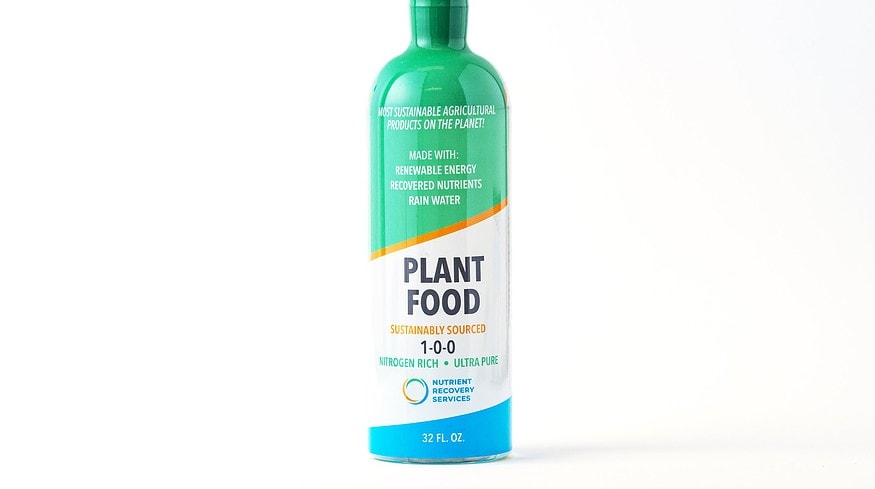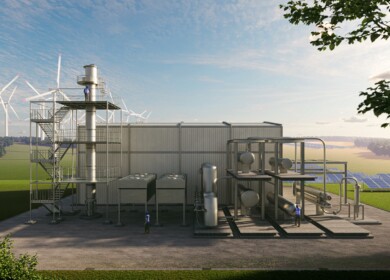Building waste repurposed to create sustainable fertilizer

Nutrient Recovery Services (NRS), a pioneering Oregon-based company, has introduced an innovative approach to sustainable agriculture by transforming waste materials into high-quality fertilizers. This breakthrough is a major advancement in the development of a circular economy, which seeks to minimize waste and make the most of resources.
Operating from the PAE Building in downtown Portland, NRS uses a unique process to convert the building’s waste, rainwater, and solar energy into sustainable fertilizers. The PAE Building, a five-story class-A office structure, is designed to meet the Living Building Challenge — the world’s most rigorous building rating system.
Pete Munoz and Pat Lando, co-founders of the minority-owned company, have utilized their extensive experience in high-performance landscape and building projects to create these groundbreaking products. Their efforts address a crucial gap in the sustainable management of water, energy, nutrients, and ecology.
The process developed by NRS captures essential nutrients from high-strength waste, primarily urine, recovering 98% of these nutrients to produce fertilizers free from impurities like pharmaceuticals. This process results in an ultra-clean, liquid nitrogen-rich fertilizer and a powdered, phosphorus-rich fertilizer. Both products are entirely safe for use in edible gardens, ornamental landscapes, and native plantings.
By relying solely on renewable resources, NRS’s manufacturing process is powered entirely by solar energy and harvested rainwater. This not only enhances the sustainability of the fertilizers but also ensures they are among the most environmentally friendly agricultural products on the market.
The liquid fertilizer is particularly effective for promoting vegetative growth in plants that require a substantial amount of nitrogen, such as cucumbers, tomatoes, zucchini, beets, and carrots. This nitrogen boost is most beneficial during the plants’ vegetative growth phase. The powdered fertilizer, added during the flowering and fruiting stages, can significantly increase the yield of these plants.
“Our vision at Nutrient Recovery Services is to develop ways every community can help shift toward a more resilient agriculture system,” said Pete Munoz, co-founder of NRS. “By creating ecologically sound agricultural additives and fertilizers, we aim to contribute to the development of a robust circular nutrient economy that repairs the way we produce food and fiber in our communities.”
Enjoyed this story?
Every Monday, our subscribers get their hands on a digest of the most trending agriculture news. You can join them too!
















Discussion0 comments